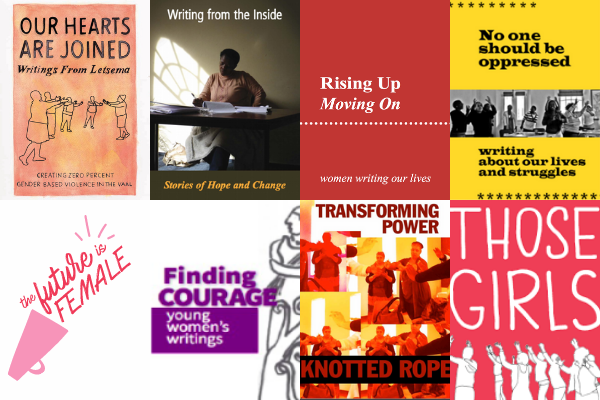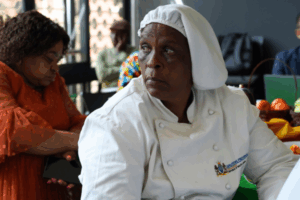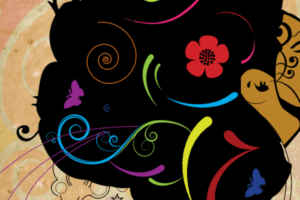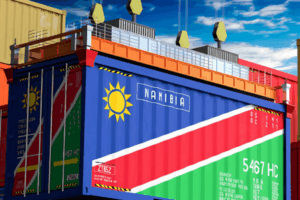These seven books by community activists, women survivors of intimate partner violence, women workers and school girls, come out of writing workshops facilitated by writing coach, Shamim Meer, between 2010 and 2017. The writers reflect on their lives and share their hopes and dreams.
1. Our Hearts Are Joined: Writings from Letsema (LRS & Gender at Work, 2016)
Community members in the Vaal in Gauteng Province of South Africa write about how they came together in a collective impact initiative to find answers to the following question: “How can we create a Vaal with zero % gender-based violence?”.
2. Transforming Power: A knotted rope (Gender at Work, 2012)
Activists in five community-based organisations share insights and perspectives about the changes in their organisations and constituencies. The five organisations are Remmoho Women’s Forum, Vukani Tsohang Afrika, Justice and Women, Kganya Consortium, and farm worker trade union Sikhula Sonke.
Download PDF
3. Writing from the inside: Stories of Hope and Change (Gender at Work, 2011)
The powerful stories in this book are the result of a three-day writing workshop aimed at assisting participants in an action learning programme to find a voice and language to describe and express their experiences of change during the program. The programme was part of Gender at Work’s Civil Society Organization (CSO) Strengthening Program with eight organisations in South Africa.
4. We are Those Girls – writing our stories (Nisaa Institute for Women’s Development 2016)
16 schoolgirls from an informal settlement near Johannesburg write about their lived experience of a generation born in post-apartheid South Africa. This generation was supposed to reap the fruits of the new democracy but as their stories show, the wounds of apartheid and of poverty continue to haunt their lives. They want to bring hope and empower other young women through their stories. The realities shared raise challenges for various actors on how best to support young girls and young women who dare to dream.
5. Finding Courage: Young Women’s Writings (ActionAid South Africa, 2014)
Through their writings members of the Young Urban Women Programme take us into their hearts and minds. The writers want their stories to inspire other young women. The writers come from Orange Farm, Diepsloot and Alexander in Gauteng, South Africa. Their writing and their involvement in the Young Urban Women Programme was made possible by Afrika Tikkun with support from ActionAid South Africa.
Download the book here
6. Rising Up Moving On: Women writing our lives (Nisaa Institute for Women’s Development, 2013)
Women write about rising up to find the strength to say no to abuse by intimate partners. The writers send out the message that there is life after abuse. While each one of these women writers found her personal way to freedom, their stories all cry out for a better world for all women. A world where women are seen as full human beings worthy of dignity.
Download the book here
7. No-one Should Be Oppressed: Writing about our lives and struggles (Oxfam in South Africa, 2014)
This book by sex workers, home based care workers and seasonal farm workers is organised into four sections:
‘About our lives‘, in which the women workers write of their personal challenges and their analysis of power in their lives.
‘How we organise‘, in which they share their strategies to build their power and confront the powers that oppress them in their work lives.
‘Learning from each other‘, in which they reflect on the lessons and solidarity that emerged from the process of working together.
A healing space, in which they share emotional and inspirational experiences.
The women workers write in English, isi-Zulu and Afrikaans. The writers are from Mthonjaneni Home Based Care Network in Kwa Zulu-Natal; Seasonal Farm Worker Structures in the Western Cape; and Sisonke sex workers movement in Cape Town.bThe organisations were supported by Oxfam’s partners, including, Justice and Women (JAW), Women on Farms Project (WFP) and Sex Worker Education and Advocacy Taskforce (SWEAT). The publication and the process that led to the publication was supported by Oxfam.







